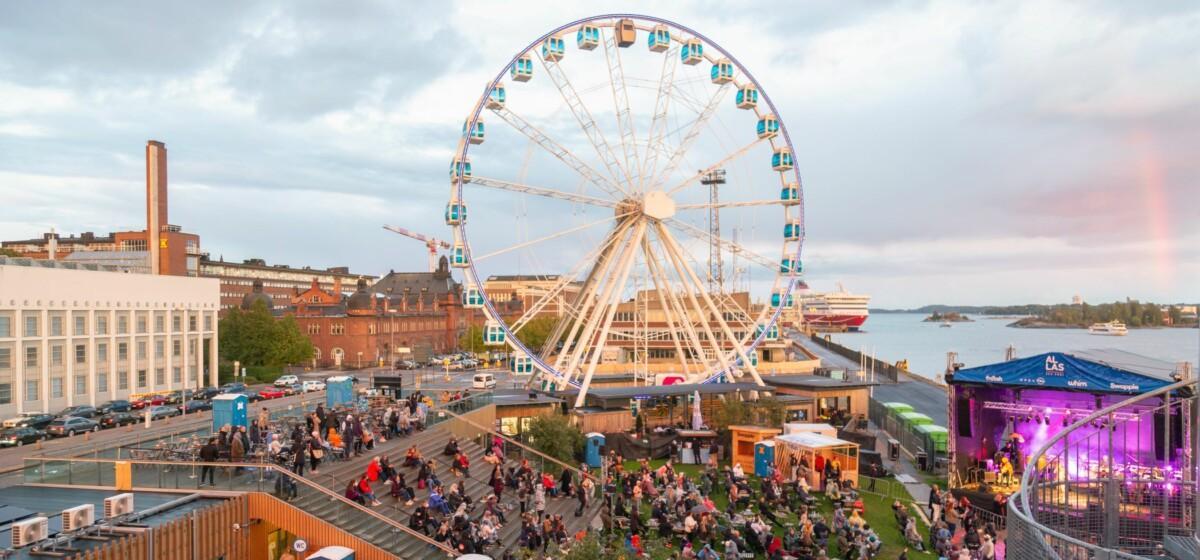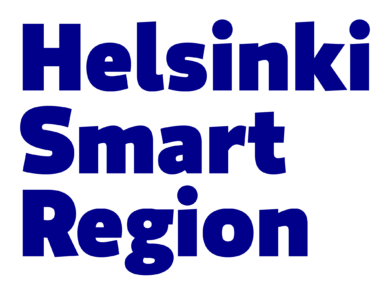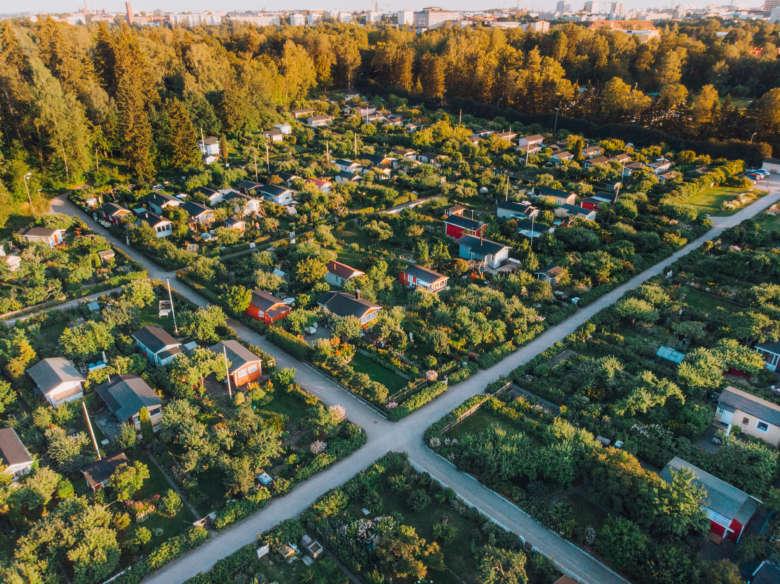News

Helsinki-Uusimaa tops the EU Social Progress Index
Published:
The EU Social Progress Index (EU-SPI) measures wellbeing and social progress across European regions. The index is composed of three dimensions – Basic needs, Foundations of wellbeing, and Opportunity, further broken down into 12 components. These components are described by a total of 53 socio-economic and environmental indicators, including indicators related to nutrition and medical care, safety, education, environmental quality, trust and governance, as well as freedom and choice, among others.
According to the index, Helsinki-Uusimaa’s strengths include high level of education and trust in governance. In addition to these, the region has a well-functioning information and communications system, including high speed broadband connections and freedom of media.
Compared to the peer regions, safety, health and environmental quality are significant assets in Helsinki-Uusimaa. The region also excels in the areas of social equality and inclusiveness. Helsinki-Uusimaa is above the EU average level in all of the indicators measured in the EU-SPI.
– I am very happy of our region’s success. In addition to economic success, it is important that social and environmental factors support the growth and wellbeing of the region, says Tuija Telén, Regional Mayor of the Helsinki-Uusimaa Regional Council.
– The factors behind the success of Helsinki-Uusimaa Region should be analysed. Hopefully, we can serve as an example of social progress and wellbeing for other European regions, adds Markku Markkula, Chair of the Board of Helsinki-Uusimaa Regional Council.

Nordic countries leading the social progress
The 2024 edition of the EU-SPI confirms that social progress varies greatly across European regions, with Nordic countries consistently performing better than eastern and southern EU Member States. In the 2024 comparison, the Central Jutland region in Denmark came second and the Stockholm region in Sweden third. In 2020, when the index was previously reviewed, Helsinki-Uusimaa was ranked second.
The results also show that social progress fosters inclusive growth. Regions with higher social progress tend to have lower shares of people at risk of poverty or social exclusion and a smaller gender gap in employment. In addition, regions with stronger social progress offer better opportunities for young graduates to enter the labour market.
In the launching event of the 2024 EU Regional Social Progress Index, Commissioner for Cohesion and Reforms Elisa Ferreira stated that the development of regions should not be assessed solely on the basis of GDP. Monitoring the social progress of regions should be taken into consideration as well.
There is no true development without taking into account social or environmental aspects.
Commissioner Elisa Ferreira
In the launching event, Mr Markkula stressed that the Social Progress Index offers an excellent opportunity for deepening cooperation between European regions.
– By learning and developing together, we are able to strenghten our competitiveness and create a European network of place-based ecosystems, he added.
The purpose of the Social Progress Index is to provide a tool for monitoring the social progress of different regions and to complement the traditional GDP measure of development. The 2024 edition of the EU-SPI stays close to the structure of the previous two editions, while updating its framework to upscale the measurement of social progress. Changes in the composition of the index make time comparisons of the with the previous editions valid only to a limited extent.
The Social Progress Index is the result of joint development work between the European Commission and the Social Progress Imperative Foundation. The EU-SPI is based on the Global Social Progress Index but is specifically tailored to the needs of the regions of the European Union.










 Return to listing
Return to listing